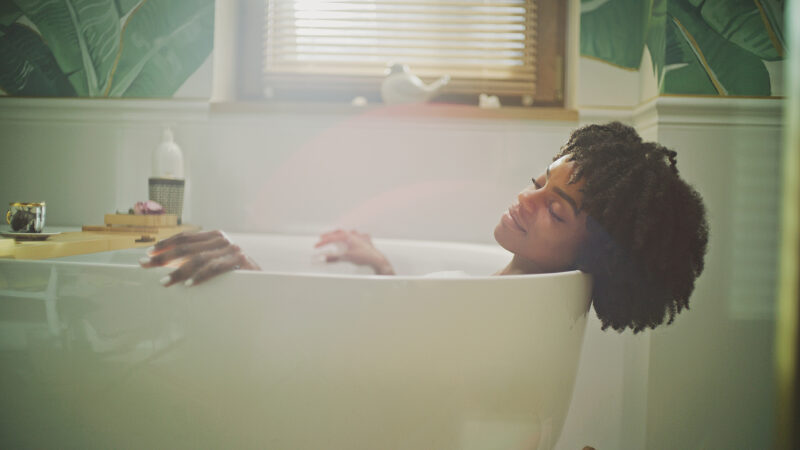UCC to Offer New Support Group for Students Struggling to Transition to Dorm Life: Bathtakers Anonymous

By Sophie Stachurski
It’s hardly news to Vanderbilt students that the transition from high school to college is hard. Between the struggle of convincing your parents that HOD will create far more lucrative career paths than medicine ever would and figuring out a way to casually tell your roommate that you think they may have sleep apnea, the first-year of college can be a tremendous mental and physical drain. For one particular group of students, however, the transition is especially hard because not only do they deal with the social and academic pressures associated with freshman year, they deal with residential ones as well.
These students are, of course, the bathtakers.
Some may hear this and think to themselves — surely these bathtakers do not exist! Not at this prestigious university! If you are one of the readers thinking this now, take a step back and examine the privilege that you hold. Why is it that you assume everyone around you shares your way of life? If not for the bathtakers, how else would Lush still be in business?
Vanderbilt’s bathtakers, which equate to approximately 0.079% of the student population, have long suffered in silence. Thankfully, after reviewing student feedback from the previous school year, the University Counseling Center (UCC) finally decided to address their most apparent flaw: the lack of support for bathtakers. As such, this fall they will be launching the pilot of their new support group, Bathtakers Anonymous.
Through a combination of group meetings and exposure therapy, Bathtakers Anonymous seeks to support students as they navigate their transition from devoted bathtakers to adult individuals who can handle using the shower in a way that is respectful and conscious of their initial preference. The end goal is not to create a new cohort of showerers, but rather to create bathtakers who feel empowered in their ability to take nightly showers while separated from their home tubs.
That said, for students who fail to graduate from the program, alternative solutions are available.
Some students, based on the recommendation of the support group leader, may seek housing accommodations. While most housing accommodations see students placed in newly-constructed residential colleges, members in this support group can actually receive accommodations for preferential placement into Branscomb Quadrangle, a dorm which boasts bathtubs in each of its four halls.
The Branscomb tubs are state-of-the-art receptacles that receive routine cleaning. Out of respect for the bathtakers that may or may not live on the floors, all other students are discouraged from using the bathtubs for self-cleaning or any other purposes.
In a comment to The Slant, UCC representative and program director Toby Kohler-Clawfoot said, “We at the UCC are dedicated to supporting the unique needs of each Vanderbilt student. That’s why we feel so strongly about this program. Even if it means we’ll need to start offering therapy appointments on a monthly basis, we’re happy to do it if we know it means Vanderbilt’s bathtakers can live happy and fulfilling lives during their time here.”


